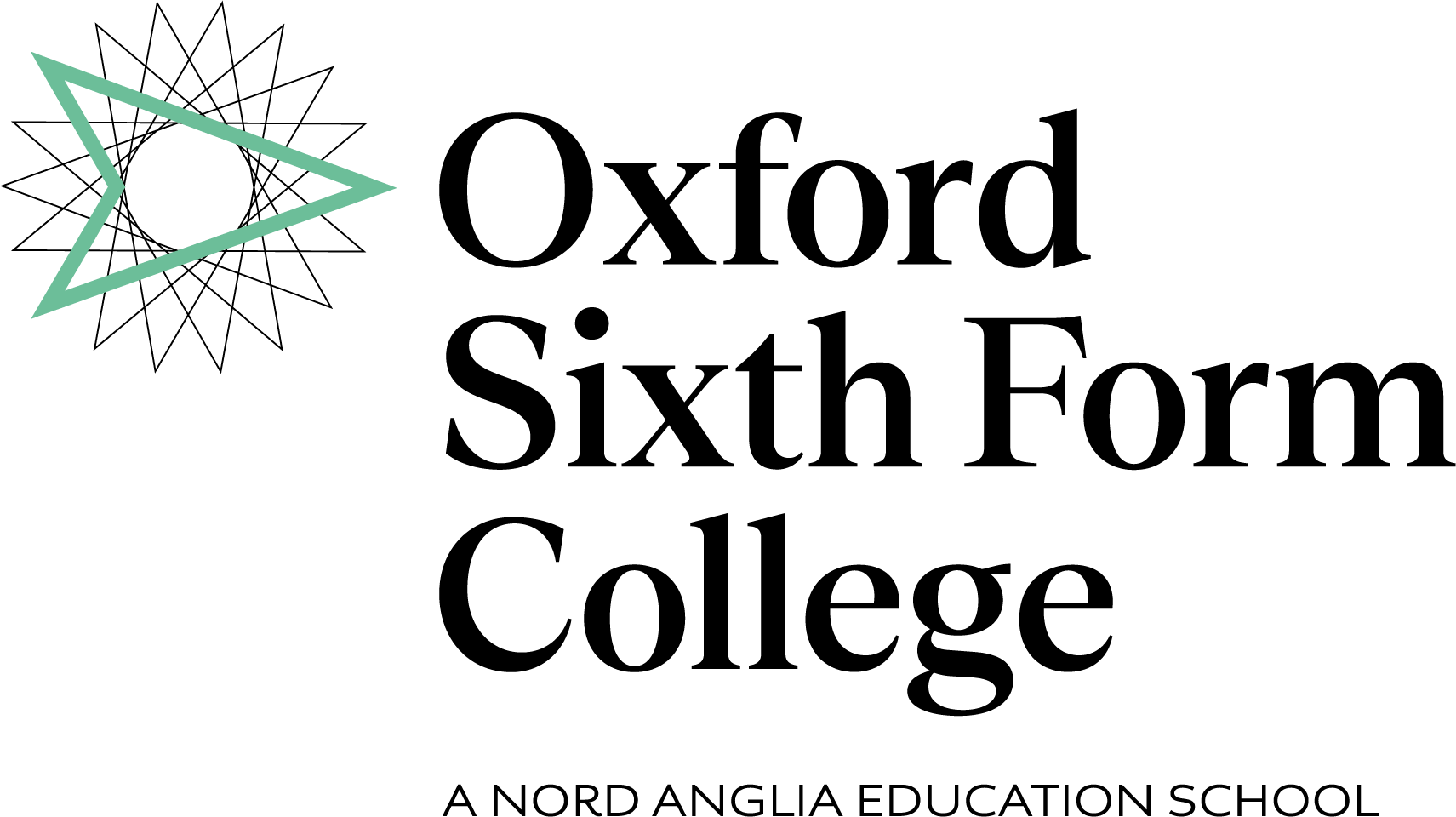
GCSE Chemistry
GCSE Chemistry can be studied as a stand-alone qualification as one of three separate GCSE qualifications alongside GCSE Biology and GCSE Physics or alternatively you may decide to take the GCSE Combined Science route which encompasses all three sciences whilst leading to the achievement of two GCSE grades.
What is Chemistry?
Chemistry is the study of the composition, behavior and properties of matter, and of the elements of the Earth and its atmosphere. From protecting the environment, to curing illness, chemistry underpins many aspects of our society. GCSE Chemistry allows students to gain an understanding of the contribution to society and the need for a culture of sustainable development through the study of elements and the compounds they form.
What will I study?
Course structure:
- Atomic structure and the periodic table
- Bonding, structure, and the properties of matter
- Quantitative chemistry
- Chemical changes
- Energy changes
- The rate and extent of chemical change
- Organic chemistry
- Chemical analysis
- Chemistry of the atmosphere
What will I gain from studying the subject?
GCSE Chemistry is an important qualification that gives you many transferable skills. It can lead to careers in Biochemistry, Chemical Engineering, Medicine, Dentistry, Pharmacy, and Veterinary science, Optometry, Agriculture, Microbiology, Botany, Horticulture, Zoology, Marine Biology, Nursing, Environmental Health, Nutrition, Material and Polymer Science, Technology, Materials Engineering, Engineering.
How is it assessed?
Paper 1:
Topics 1–5: Atomic structure and the periodic
table; Bonding, structure, and the properties
of matter; Quantitative chemistry, Chemical
changes; and Energy changes.
- Written exam: 1 hour 45 minutes
- 50% of GCSE
Paper 2:
Topics 6–10: The rate and extent of chemical
change; Organic chemistry; Chemical analysis,
Chemistry of the atmosphere; and using
resources.
- Written exam: 1 hour 45 minutes
- 50% of GCSE
Exam Board: AQA GCSE (9-1) Chemistry
What do I need?
You should have studied Science and Maths before. You should be curious about how the world works and ready to make connections between what you can observe about the world and scientific principles. You need to be willing to work hard and be challenged. You need to be willing to take part in regular practical sessions.
All students studying the GCSE programme are required to have an English language level of IELTS 5.0 or equivalent.
Questions
When is this exam available?
This exam is available in May/June every year.
Related Subjects
Accreditations



